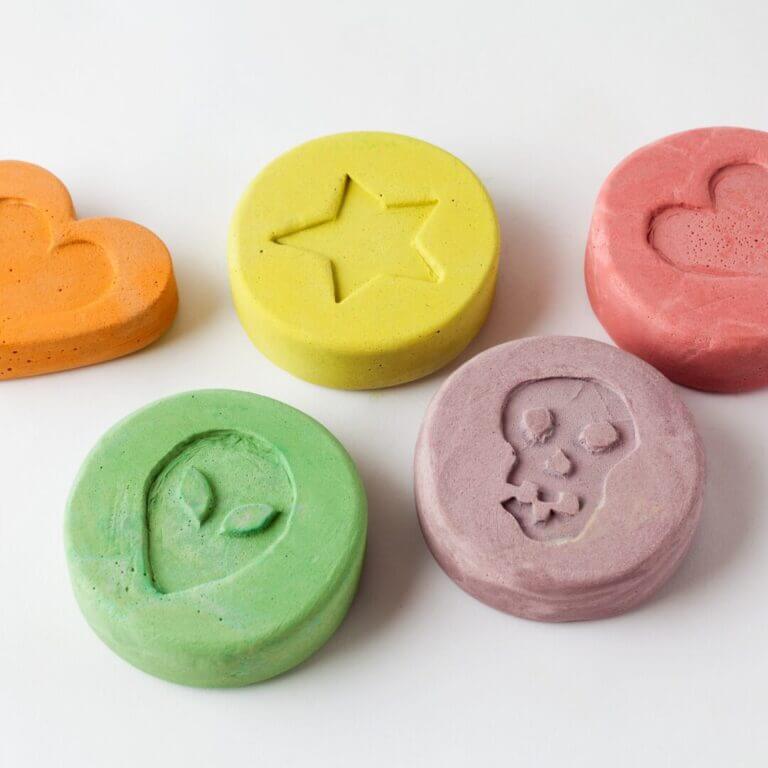Having healthy boundaries is essential to being a healthy person who enjoys healthy relationships. If you struggle with the concept of boundaries, you are not alone. When most people enter recovery, they tend to lack a solid understanding of what boundaries are and why they are valuable.
Quite often, people who become addicted to drugs or alcohol never had solid boundaries to begin with. They came from families where boundaries weren’t well-established or respected. Others found themselves in codependent relationships that centered around their addiction. In these cases, boundary lines became blurred and confusing.
No matter what your personal situation may be; it is important to understand that identifying, developing, establishing, and protecting your boundaries is vital to your well-being. Let’s define boundaries and explain why they are so vital to living a life in recovery.
What Are Boundaries? Why are They Important?
There are many definitions of boundaries available if you are interested in delving deeper into this topic. (For example, the book Boundaries by Dr. Henry Cloud and Dr. John Townsend is a great read.) For now, we’ll keep it simple.
Basically, there are two types of boundaries – external and internal. Boundaries are appropriate in every type of relationship – NOT just between romantic partners. You should have boundaries with friends, family members, co-workers, and even yourself.
External boundaries are what separate you from other people. They are specific constructs you create to determine what is okay and what is not okay in your relationships. External boundaries allow you to recognize where you stop and other people start. You might think of them as guidelines that govern the way you interact with the world around you.
Internal boundaries are between you and you. They help you regulate the relationship you have with yourself. You might think of internal boundaries as self-discipline; which results in effective time management, mental and emotional self-regulation, appropriate behavior, and impulse control. Internal boundaries empower you to follow through on commitments you make to yourself.
You get to create your own external and internal boundaries. However; you should keep in mind that they should be designed to help you establish and enjoy healthy relationships with others and yourself.
The Different Types of External Boundaries
We have identified five different types of external boundaries we want you to be familiar with. Understanding these and applying them in your life will help you in your relationships with others.
Physical boundaries – you are entitled to your own personal space, privacy, and safety.
You have the right to feel comfortable within the invisible boundary line that surrounds your physical body. For example, you may prefer a handshake to a hug. Or, you may want someone to stand several feet away when they talk to you. Likewise, you may not enjoy public displays of affection from a spouse or significant other. And, of course, no one should ever abuse you or cause you any physical harm.
Keep in mind that everyone has their own physical boundaries. Be respectful of other people’s space just as you want them to be respectful of yours. What may be okay with you may not be okay with someone else.
Mental boundaries – your mind is your own. You get to decide what thoughts to think and what information you allow to come in in. For instance, if watching the news upsets you, you can choose not to watch it. Or, if someone is mentally abusing you, you have the right to walk away.
Additionally, you do not have to share your thoughts, opinions, or beliefs if you choose not to. No one should try to pry inside your mind to see what is inside. You also do not have to listen to the thoughts, opinions, or beliefs of others if you choose not to. You have the right to protect your thought space.
Material boundaries – you get to decide what to do with the things you own.
You should have an expectation of privacy when it comes to your material possessions. For instance, you may keep a journal that you do not want your significant other to read. This is perfectly okay. Or, you may not want to share with others how much money you make. You also get to choose if you will lend money to people, let them drive your vehicle, or even sit at your desk at work.
Emotional boundaries – you have permission to experience emotional health and wellness.
Emotional boundaries should be firmly rooted in the knowledge that you are responsible for your own feelings and that you are NOT responsible for the feelings of others. In other words, someone cannot “make” you feel a certain way. You choose your own emotional responses, just as they choose theirs.
Also, asserting emotional boundaries means that you should protect yourself from abuse of any kind. This means detaching from toxic relationships that do not support your highest good.
Spiritual boundaries – spiritual boundaries promote your spiritual health.
The great thing about 12-Step recovery is that you are given the opportunity to have a God of your own understanding. Your Higher Power can be anything or anyone you want it to be. However; the rest of the world is quite different.
You will likely run into at least a handful of people in your lifetime who will try to convert you, insult your religious beliefs, or challenge your ideology. You are entitled to protect your own spiritual boundaries. You may do this quietly and respectfully. There is no need to explain your spirituality to anyone else, nor is it appropriate to push your beliefs on someone who believes differently than you do.
Having Internal Boundaries With Yourself is a Must
Having healthy boundaries with yourself is critical to the recovery process. By the time most people get sober, they have severely damaged the relationship they have with themselves. Rebuilding self-confidence and experiencing self-love is an ongoing process that takes time and dedication.
You can start to rebuild the relationship you have with yourself by making the commitment to stay sober one day at a time. This could be the first internal boundary you set with yourself. As you live up to this commitment with each passing day, you will feel more comfortable in your own skin.
Doing this will encourage you to set more boundaries. With time, you might set boundaries about what you eat, how often you exercise, how you spend your money, what time you go to bed every night and what time you wake up every morning.
Setting internal boundaries is a sign of self-care and self-love. After years of drug or alcohol abuse, this may seem foreign at first – but it will become second nature with time.
Setting Boundaries is a Sign of Respect
Many people fear setting boundaries. They might think they will offend others by telling them no or asserting their own independence. Or, they might mistakenly believe that setting internal boundaries will be too restrictive.
Ironically, boundaries offer freedom. They help guide your behavior and steer your relationships with others in a healthy direction. Setting external and internal boundaries is showing respect for others and for yourself.
Of course, establishing and applying them takes time and practice. However; you will find that life makes a lot more sense when it is governed by healthy boundaries. They will help you achieve the highest and fullest expression of yourself.



